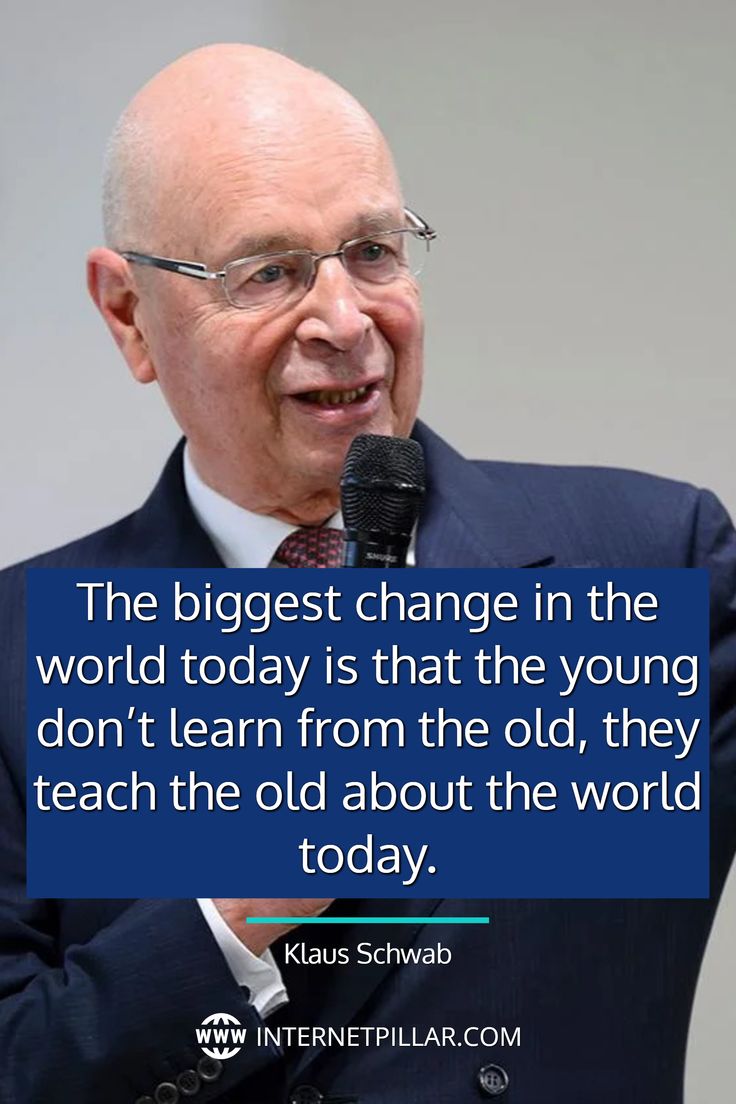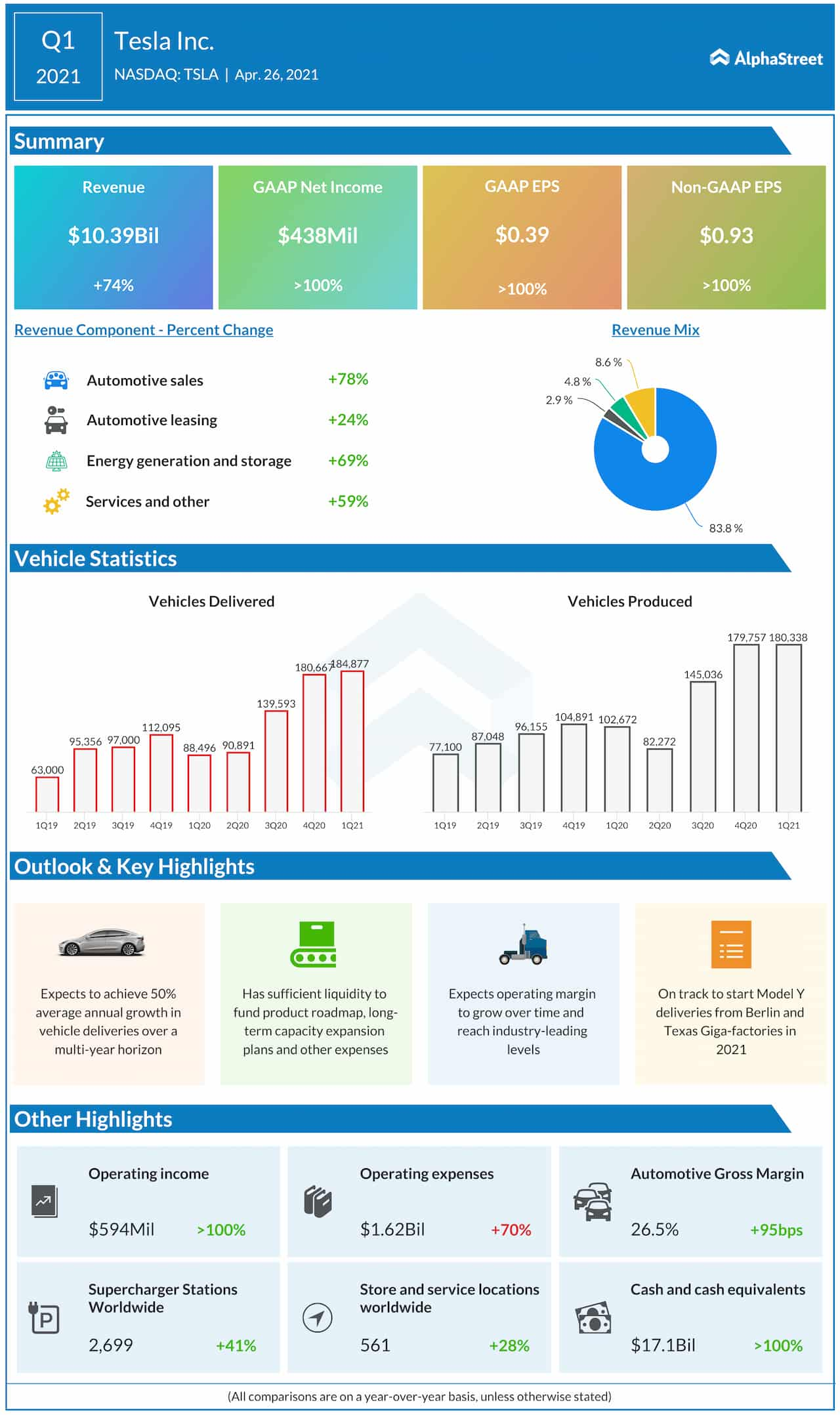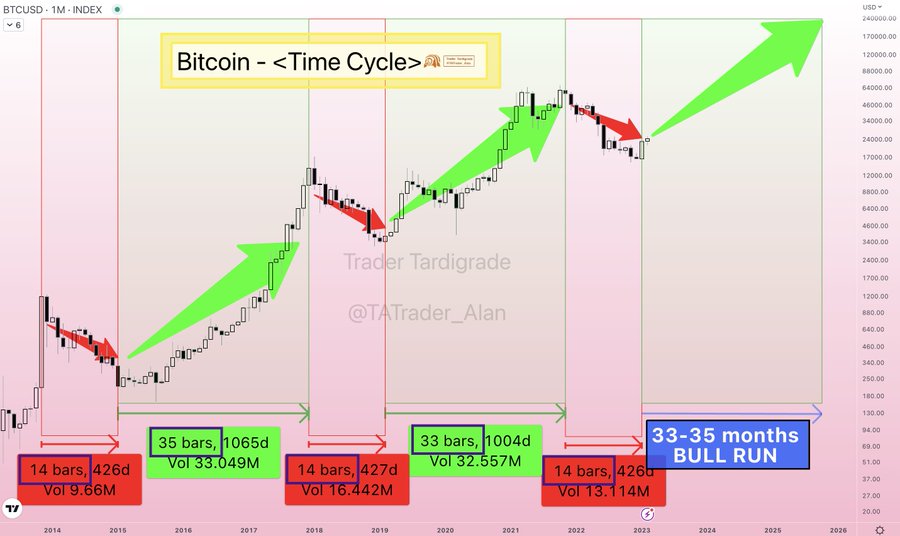Exclusive Report: Examining The World Economic Forum Under Klaus Schwab's Leadership

Table of Contents
Klaus Schwab's Vision and the WEF's Evolution
Klaus Schwab, a German economist, founded the WEF in 1971 as the European Management Forum. His vision was to create a platform for improving the state of the world through dialogue and collaboration between leaders from various sectors. Over the decades, under Schwab's unwavering guidance, the WEF has evolved from a relatively small European gathering to a globally influential organization.
- Key milestones: The shift from the European Management Forum to the World Economic Forum, the expansion to include global leaders, and the introduction of influential initiatives like the Young Global Leaders program.
- Shifts in focus: Initially focused on European business, the WEF's priorities have broadened to encompass global economic development, sustainability, technology, and geopolitical issues. The rise of the Fourth Industrial Revolution as a central theme reflects this shift.
- Global network: The WEF boasts a vast network of partners, including governments, multinational corporations, and non-governmental organizations, facilitating its global reach and impact.
- Shaping global agendas: The WEF actively contributes to setting global agendas by hosting discussions, publishing reports, and facilitating collaborations on critical issues, influencing policy decisions and international collaborations.
Key WEF Initiatives and Their Impact
The WEF has launched numerous influential initiatives, each designed to address specific global challenges. Some of the most significant include:
- Davos Annual Meeting: The flagship event, attracting thousands of participants for discussions on pressing global issues. Its impact lies in fostering dialogue and shaping narratives around critical topics. Both positive outcomes, like increased awareness and collaborative problem-solving, and negative outcomes, such as criticism for elitism and a perceived lack of inclusivity, exist.
- Young Global Leaders (YGL): This program identifies and cultivates future leaders, impacting global leadership by providing a network and platform for influential individuals across various sectors. While praised for its potential to foster collaboration, concerns exist regarding its potential influence on global policy and the lack of diversity amongst participants.
- Fourth Industrial Revolution (4IR): This initiative focuses on shaping the future of technology and its impact on society. Its impact is far-reaching, influencing discussions on AI, automation, and the future of work. While promoting innovation, criticisms arise concerning the potential for exacerbating existing inequalities.
Case studies examining the specific impact of these initiatives on various sectors (e.g., the influence of the Davos Annual Meeting on climate change policy or the YGL program's effect on global governance) would further enhance this analysis.
Criticisms and Controversies Surrounding the WEF
Despite its significant influence, the WEF faces considerable criticism. Common criticisms include:
- Lack of transparency: Concerns exist regarding the transparency of decision-making processes and the influence of powerful stakeholders.
- Elitism: The WEF's exclusive nature and the concentration of powerful individuals have led to accusations of elitism and a lack of representation for diverse voices.
- Influence on global policy: Critics argue that the WEF exerts undue influence on global policy, potentially shaping agendas in favor of its members' interests.
- Conflicts of interest: Potential conflicts of interest arise from the involvement of various stakeholders, including corporations and governments, raising questions about impartiality.
The WEF responds to these criticisms by emphasizing its commitment to inclusivity, transparency, and its role as a neutral platform for dialogue. However, these criticisms highlight the need for greater accountability and transparency within the organization.
The "Great Reset" Initiative: Analysis and Debate
The "Great Reset" initiative, launched in response to the COVID-19 pandemic, aims to reshape the global economic and social systems. It has become a subject of intense debate, with proponents viewing it as an opportunity to build a more sustainable and equitable future, while critics see it as a veiled attempt to consolidate global power and impose a specific political agenda. The initiative's goals, including promoting stakeholder capitalism, investing in sustainable technologies, and addressing social inequalities, are both lauded and heavily scrutinized. The contrasting perspectives surrounding the initiative underscore the complex issues inherent in large-scale global initiatives.
The Future of the World Economic Forum Under Klaus Schwab's Leadership
The future of the WEF under Klaus Schwab's continued leadership, or under future leadership, will depend on its ability to address the criticisms it faces, maintain its relevance in a rapidly changing world, and adapt to evolving global challenges.
- Future initiatives: The WEF is likely to focus on issues such as climate change, technological disruption, and geopolitical instability.
- Maintaining influence: The WEF faces challenges in maintaining its influence amidst growing skepticism and calls for greater transparency and accountability.
- Global shifts: Significant global political and economic shifts will significantly impact the WEF's future role and influence.
- Succession planning: The succession of leadership will be crucial for the WEF's continued relevance and impact.
Conclusion
This report has examined the World Economic Forum under Klaus Schwab's leadership, highlighting its significant influence on global affairs. While the WEF's initiatives have undoubtedly contributed to discussions on critical global issues, significant criticisms concerning transparency, elitism, and potential conflicts of interest persist. Understanding the WEF's role and impact requires careful consideration of both its contributions and its shortcomings. Continue the conversation about the World Economic Forum, further your understanding of Klaus Schwab's leadership, and explore the complex issues surrounding the WEF's initiatives to form your own informed opinion.

Featured Posts
-
 Nba All Star Game Draymond Green Moses Moody And Buddy Hield Participate
Apr 24, 2025
Nba All Star Game Draymond Green Moses Moody And Buddy Hield Participate
Apr 24, 2025 -
 Teslas Q1 2024 Earnings Report A 71 Drop In Net Income
Apr 24, 2025
Teslas Q1 2024 Earnings Report A 71 Drop In Net Income
Apr 24, 2025 -
 Canadian Auto Dealers Fight Back Against Us Trade War With Five Point Strategy
Apr 24, 2025
Canadian Auto Dealers Fight Back Against Us Trade War With Five Point Strategy
Apr 24, 2025 -
 Saudi Arabia And India To Build Two Joint Oil Refineries
Apr 24, 2025
Saudi Arabia And India To Build Two Joint Oil Refineries
Apr 24, 2025 -
 Recent Bitcoin Btc Gains A Deeper Look At Market Drivers
Apr 24, 2025
Recent Bitcoin Btc Gains A Deeper Look At Market Drivers
Apr 24, 2025
